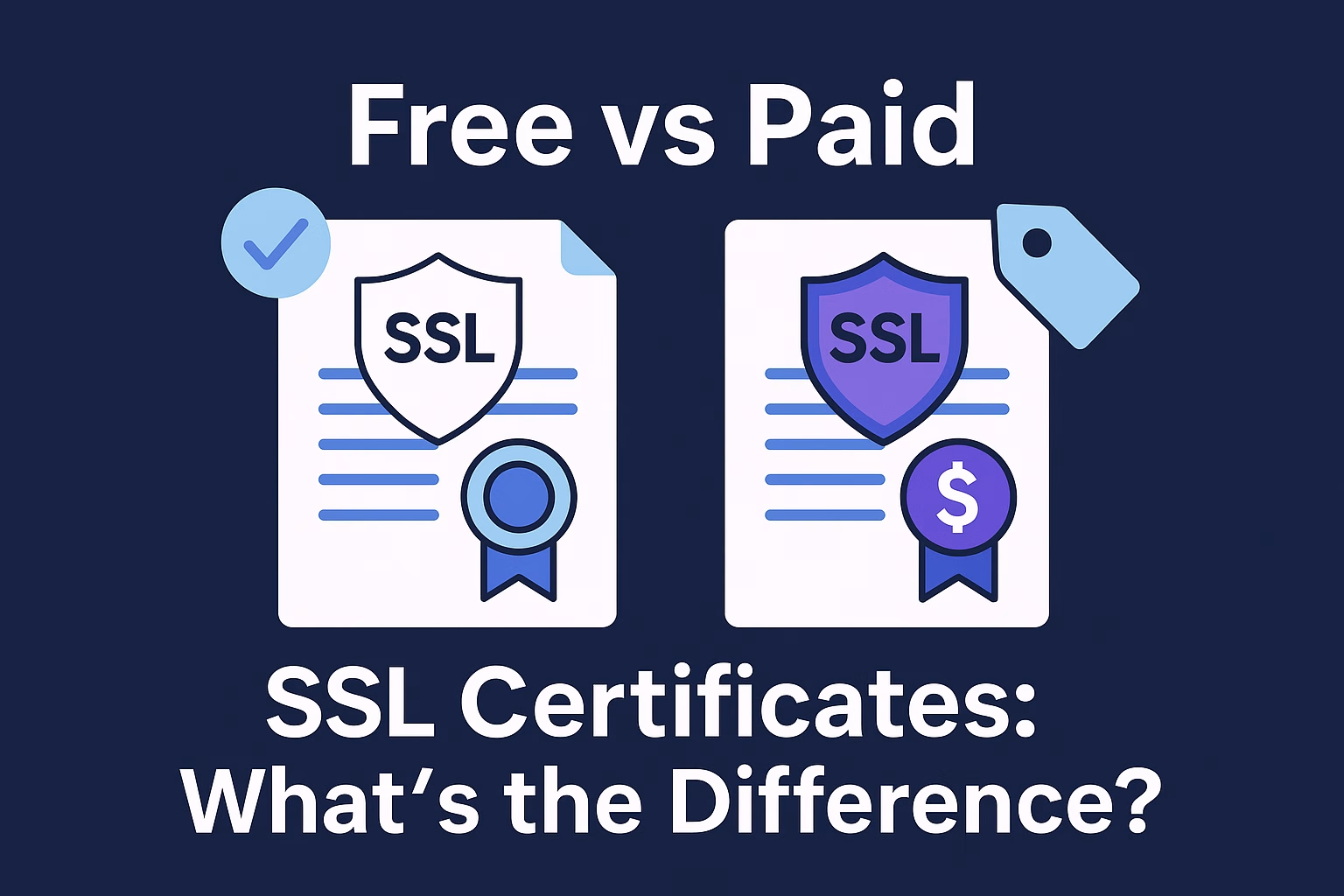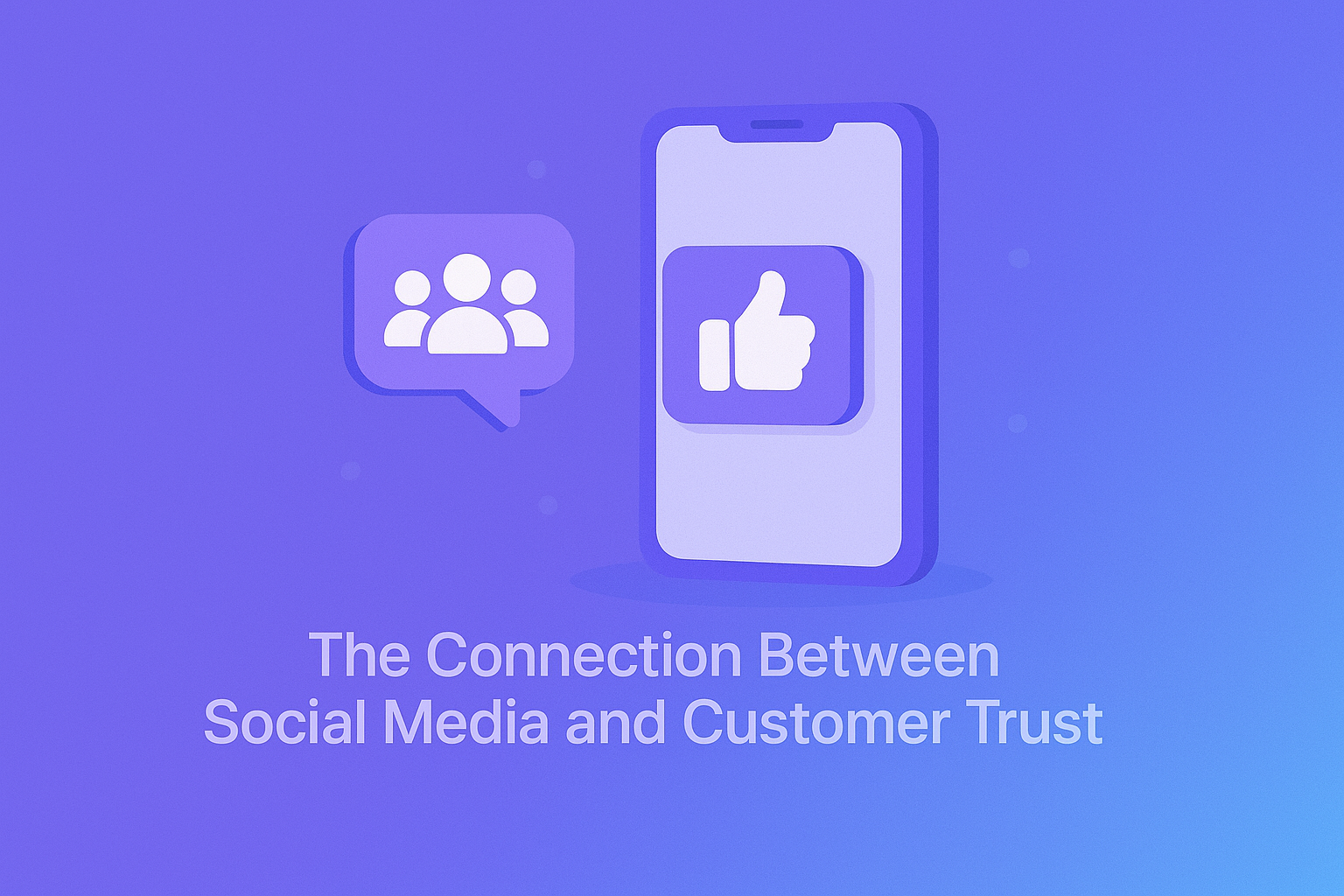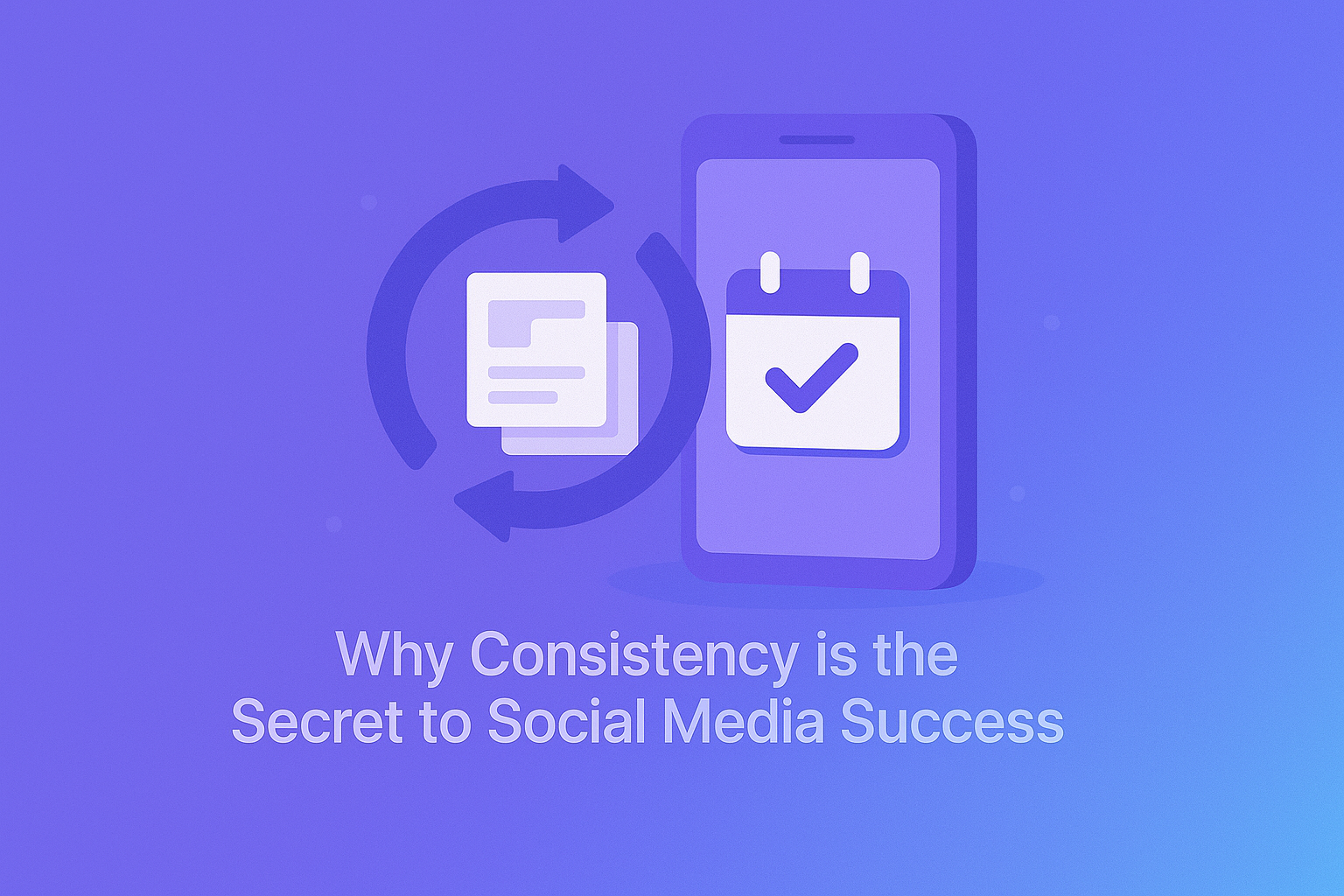So, your hosting provider offers free SSL certificates—but then you also see premium SSL options available online.
What’s the difference? And which one do you actually need?
In this guide, we’ll break down the key differences between free and paid SSL certificates, so you can make the best choice for your website, business, or clients.
🔐 What Is an SSL Certificate (Quick Recap)?
An SSL (Secure Sockets Layer) certificate:
-
Encrypts communication between your website and visitors
-
Protects login details, personal info, and payment data
-
Displays the 🔒 padlock and HTTPS in the browser address bar
-
Boosts trust, SEO rankings, and security
Both free and paid SSL certificates do this—but not always in the same way.
🆓 What Are Free SSL Certificates?
Free SSL certificates (like those issued by Let’s Encrypt) offer:
-
Basic domain validation (DV) – confirms you own the domain
-
90-day validity – typically auto-renewed
-
Standard HTTPS encryption – trusted by all major browsers
-
Instant issuance – no paperwork or identity check
They’re ideal for:
-
Personal blogs
-
Portfolios
-
Small business websites
-
Development or staging sites
💡 All PLiKhost hosting plans include FREE SSL via Let’s Encrypt by default.
💰 What Are Paid SSL Certificates?
Paid SSL certificates can offer more than just encryption:
| Feature | Paid SSL (DV/OV/EV) |
|---|---|
| Validation | DV, OV (Organization), or EV (Extended) |
| Warranty | Financial protection (e.g., $10,000 – $1M) |
| Visual trust indicators | EV shows verified business name in browser bar |
| Wildcard / Multi-Domain | Secure subdomains or multiple domains |
| Longer validity | 1-year and 2-year options (with reminders) |
| Customer support | Often includes direct support from SSL provider |
They’re ideal for:
-
E-commerce stores
-
Corporate websites
-
Financial, medical, or legal industries
-
Agencies handling client security & branding
🆚 Free vs Paid: At a Glance
| Feature | Free SSL (Let’s Encrypt) | Paid SSL (DV/OV/EV) |
|---|---|---|
| Price | Free | Varies ($5–$200+/year) |
| Validation Type | Domain only (DV) | DV, OV, or EV |
| Security Strength | Same | Same |
| Trust Level | Standard | Higher with OV/EV |
| Warranty | None | Included |
| Multi-Domain / Wildcard | Limited or not supported | Supported |
| Business Verification | ❌ | ✅ OV & EV only |
| Best for | Blogs, personal, small sites | Businesses, eCommerce, agencies |
🛡️ When Should You Use Paid SSL?
You may want a paid SSL certificate if:
-
You run a store that processes payments directly
-
You want to show your business name in the browser bar (EV SSL)
-
You need to secure multiple domains or subdomains with one cert
-
You want a warranty to protect against rare encryption failures
-
You handle sensitive data like IDs, financial info, or legal docs
-
You’re an agency selling white-label services and need brand trust
💬 In short: Paid SSL isn’t more secure—it’s more verified, branded, and often includes support and flexibility.
🟢 What Does PLiKhost Recommend?
✅ For most users: Our free Let’s Encrypt SSL is more than enough. It’s trusted, auto-installed, and keeps your site secure.
✅ For business/eCommerce: If you want premium branding, warranties, or multi-domain protection, consider upgrading to a paid SSL. Just contact our support to get started.
PLiKhost supports both free and custom paid SSL solutions, depending on your needs.
Final Thoughts
Free SSL certificates are excellent for everyday use—they provide strong encryption and are incredibly easy to set up.
But when your site represents a serious business, processes payments, or needs maximum brand assurance, a paid SSL certificate offers the next level of protection and trust.
🟢 Want free SSL or need help choosing the right paid certificate?
Start with PLiKhost and let us handle your site’s security—free or premium.






